-

How data can power public health investigations — through collaboration
In a new story with DataJournalism.com, reporters Dillon Bergin and Betsy Ladyzhets shared how MuckRock collaborates with both experts and other reporters to pursue major data journalism projects.
-
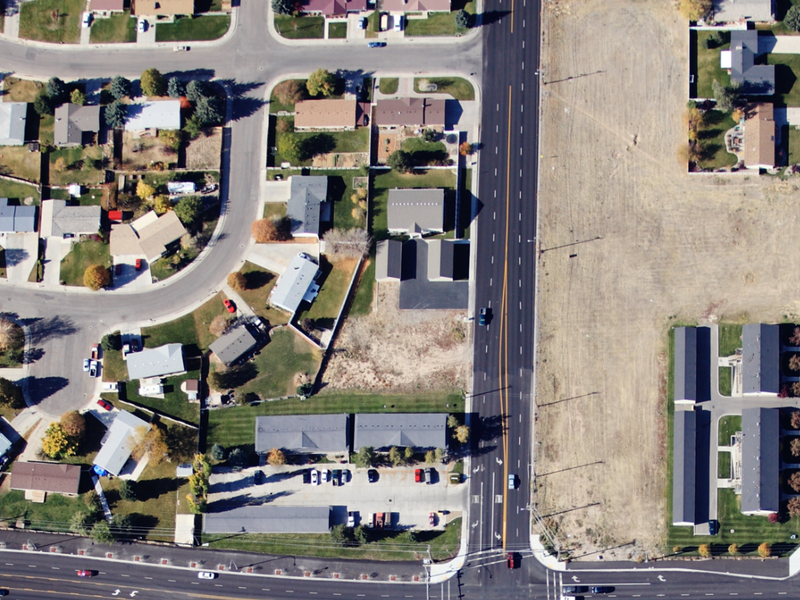
Air Quality Access: How local government is planning (or not) to protect your air
In the late 1980s, an area of the Jurupa Valley in Riverside, California began a transformation that would turn it from a community of sprawling dairy farms to hub for enormous warehouses. David Danelski, then an investigative reporter for the Riverside-Press Enterprise, unraveled the details through public records on town planning and found one important document missing from projects approved by county officials for more than a decade: the environmental impact statement. Here are his tips on this and other key records requests you can file.
-
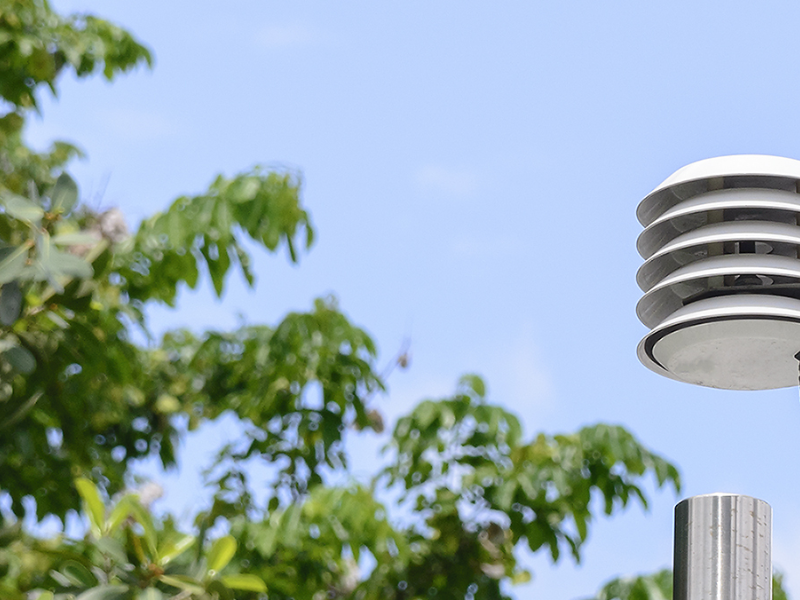
Air quality access: Using complaints, violations and fines to pinpoint local polluters
Freelance journalist Monica Vaughan was reporting on air pollution in California’s San Joaquin Valley when the words of one mother changed her perspective. “I just scan the stories looking for the sentence about whether or not it’s safe to live here. And I can never find that,” Vaughan remembered the woman saying.
In a second guide on air pollution, we bring together advice from reporters like Vaughan and examples that might help you uncover unsafe air in your community. From intial complaints to sustained violations, we give you the tools to ask your local government how it regulates polluters in your area
-
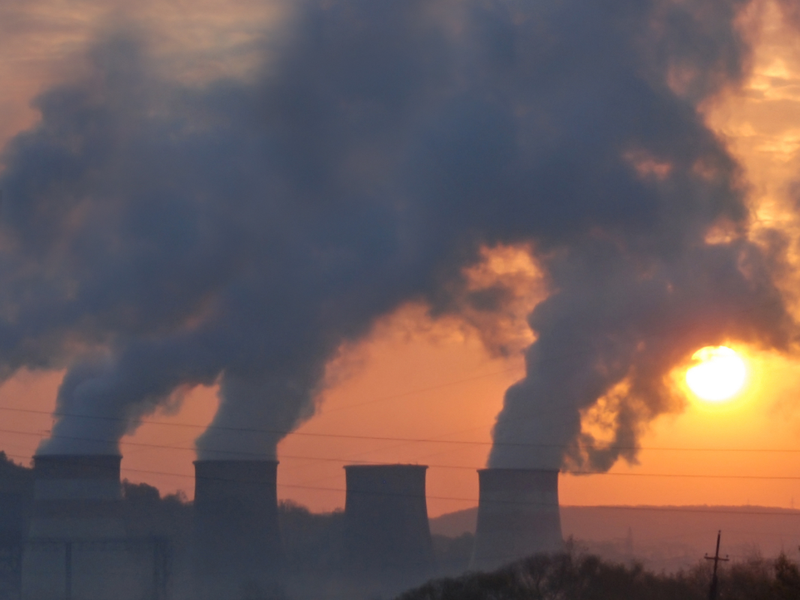
Air Quality Access: Three requests to help you scrutinize local environmental standards
In 2004, Dina Cappiello discovered some Houston residents were exposed to cancer-causing toxins at a level 20 times higher than federal guidelines — for toxic waste dumps. “Everybody was like ‘nothing to see here,’ but I was like something doesn’t add up,” Cappiello said. In this guide, we share tips and examples from Cappiello and other reporters of what you can request in your community to understand how dangerous the air is and even pinpoint potential polluters.
-

A MuckRocker’s guide to requesting public records with the public
FOIA can be a tricky process, but you don’t need to go at it alone. Here are some of our favorite tips, tricks and examples of opening up the public records process, whether it’s hosting an event to train others or building a larger records campaign that works to get more people involved. The benefits: More transparency, more documents and stronger laws that work better for all requesters.
-
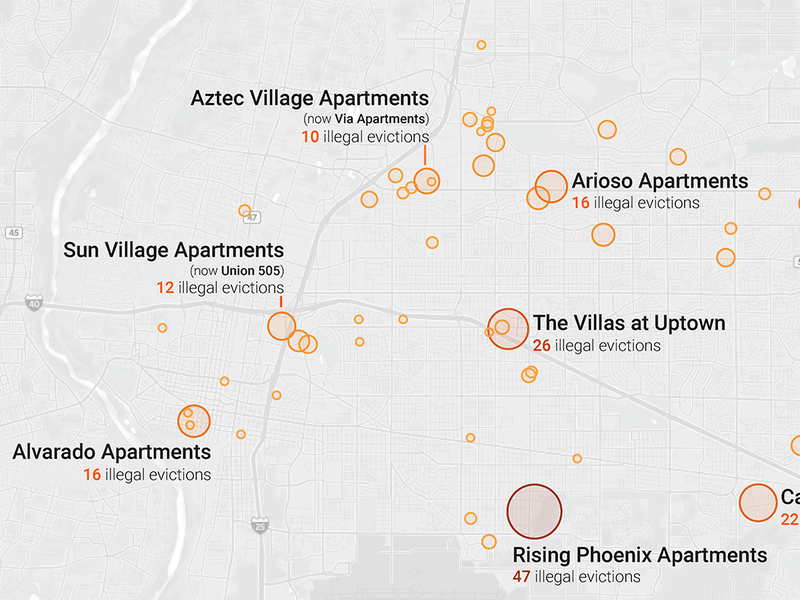
How you can use eviction data and public records to report on housing during the pandemic
Protections have been put in place and rental assistance rolled out. But did landlords in your area use them fairly?
-
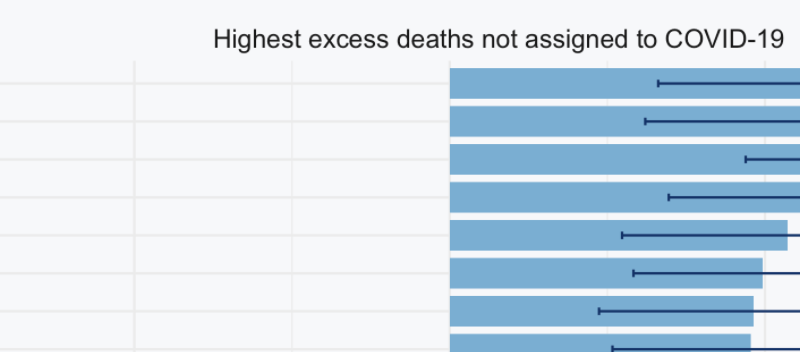
How you can use ‘Uncounted’ CDC data to explore the COVID-19 pandemic’s hidden death toll
The Documenting COVID-19 project and the USA TODAY Network spent months investigating where and why COVID-19 deaths go uncounted.
-
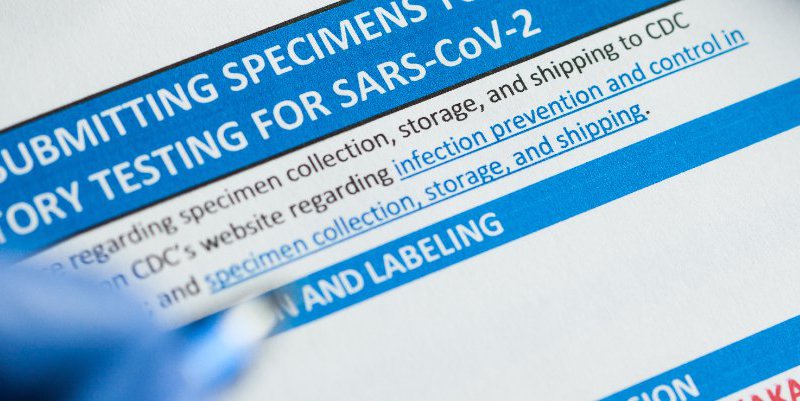
Researchers say the US is undercounting COVID deaths. Now we have a tool to figure out why.
COVID deaths in the United States have been undercounted, public health experts say. They’re trying to figure out where and why, and a new data set helps.
-
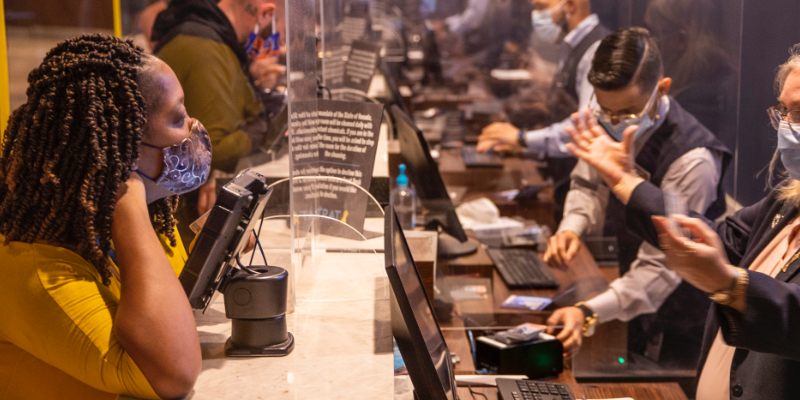
How you can find more details about COVID-19 breakthrough cases in your hometown
Breakthrough data by occupation was released by the Southern Nevada Health District after an open-records request. Here’s how you can find the same thing in your state.
-
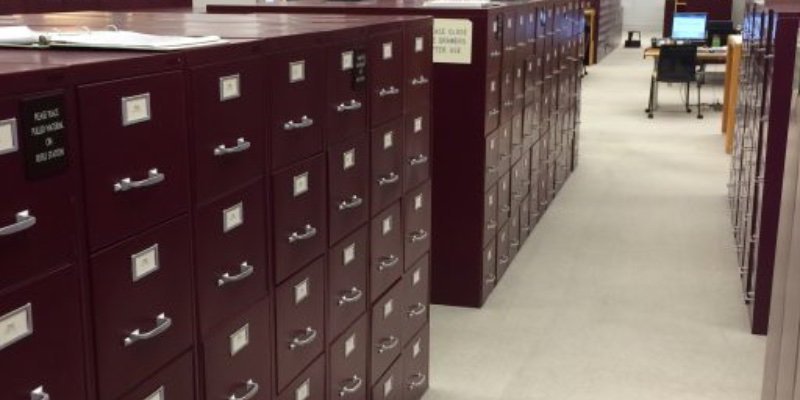
Using FOIA logs to develop news stories
Through the power of FOIA logs, FOIA-minded reporters can find interesting story ideas by asking for and digging through the history of what other people are looking to obtain.